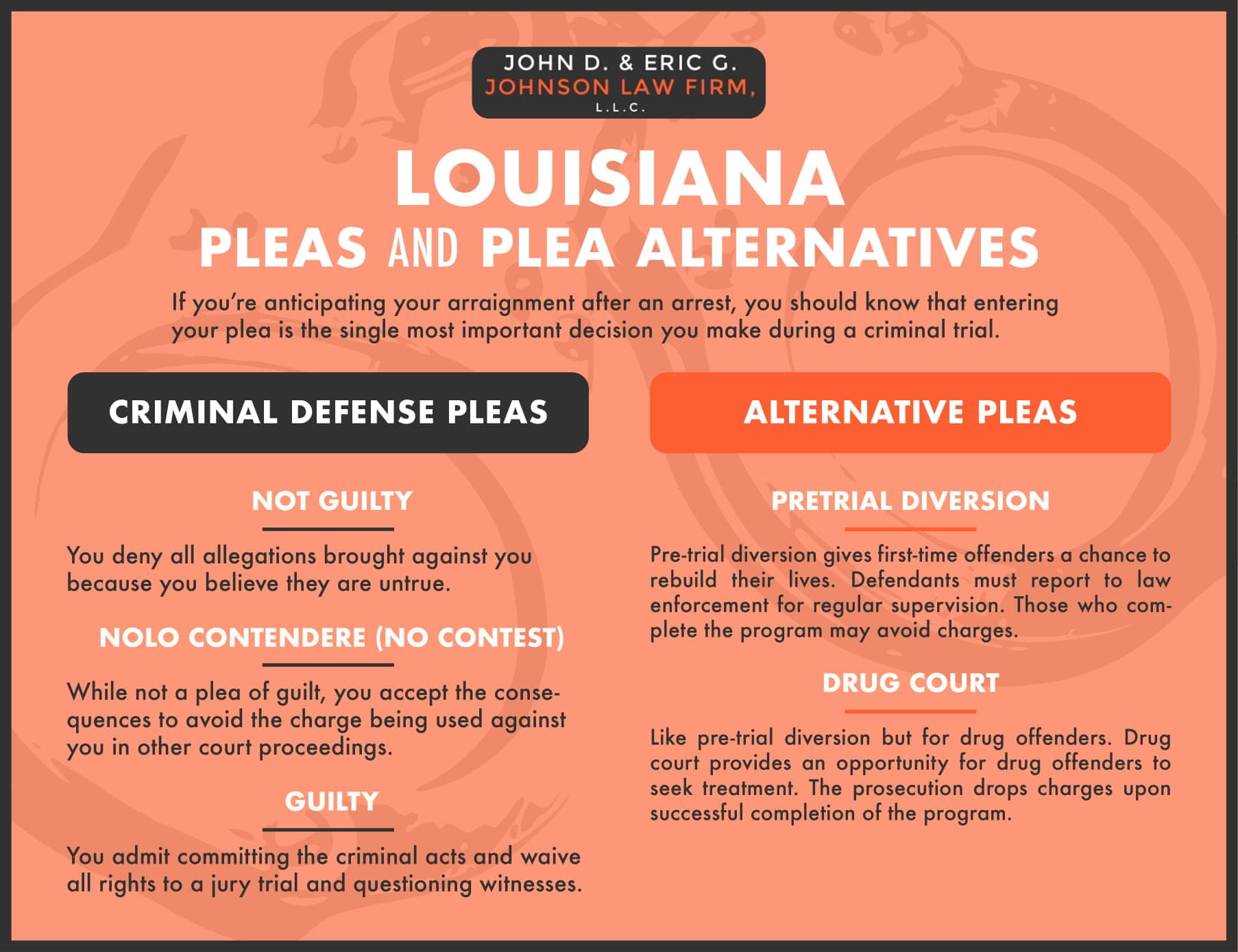The Role Of Proof In Criminal Protection: Secret Facts You Must Know
The Role Of Proof In Criminal Protection: Secret Facts You Must Know
Blog Article
Writer-Medlin Arthur
When you think of criminal protection, proof is usually the first thing that enters your mind, and permanently reason. It's the structure whereupon your situation stands, forming the narrative and influencing the court's assumption. Various kinds of proof, from physical to electronic, each play an unique role in establishing a protection. But not all evidence is treated just as; admissibility requirements can make or damage your defense strategy. Comprehending these nuances is crucial, especially when taking into consideration how they can influence the result of a trial. So, what should you understand about these requirements?
Types of Evidence
When it comes to criminal protection, recognizing the types of proof can make all the distinction in your situation. Proof falls into a number of groups, each playing an important duty in establishing the truths of your circumstance.
One typical type is testimonial evidence, which includes statements made by witnesses. Their accounts can offer understanding into what took place and can either sustain or challenge the prosecution's insurance claims.
Physical proof is an additional critical kind, including concrete things like tools, clothing, or finger prints. This type of proof can directly connect you to a crime or aid disprove allegations against you.
Then there's documentary proof, which includes documents, photographs, or any written materials significant to your case. These documents can give a timeline or context that's necessary for your protection.
Finally, you can't overlook electronic evidence, that includes information from smartphones, computers, or social media. This kind of proof can expose essential info about your activities or communications.
Admissibility Criteria
In criminal defense, the admissibility of evidence is important to your case's end result. pop over to this website 'll require to comprehend the standards that identify whether proof can be made use of in court. Normally, evidence must matter, trustworthy, and gotten lawfully to be thought about acceptable.
Relevance implies the evidence needs to directly associate with the situation and assistance confirm or refute a truth at issue. If it does not attach to your defense or the charges versus you, it may be omitted.
Integrity guarantees that the evidence is qualified and trustworthy; as an example, eyewitness testament can be called into question if the witness has a history of unstable accounts.
Additionally, proof should be collected in accordance with lawful treatments. Any evidence obtained via prohibited means, such as an unlawful search or seizure, might be deemed inadmissible under the exclusionary policy.
Understanding these criteria can empower you to function properly with your attorney. They'll navigate the intricacies of these rules to reinforce your protection, guaranteeing just the most effective evidence is presented in your favor.
Always bear in mind, the admissibility of proof can significantly influence the court's perception of your instance.
Effect On Protection Strategies
The admissibility of proof straight forms your protection methods. When evidence is regarded admissible, you can utilize it to build a strong situation. Alternatively, if evidence is ruled inadmissible, you require to pivot your technique. Comprehending what evidence the prosecution can offer helps you expect their debates and prepares you to counter them successfully.
You'll want to concentrate on gathering proof that supports your defense. https://mississippitoday.org/2022/10/06/jay-lee-sheldon-timothy-herrington-grand-jury/ might include witness statements, expert testimony, or files that obstacle the prosecution's insurance claims. The goal is to develop affordable question in the minds of the jurors. If particular items of evidence are weak or contentious, you might consider an approach that highlights various other strong elements of your instance.
In addition, the type of proof-- whether it's forensic, testimonial, or digital-- will determine just how you communicate your defense. You'll need to craft compelling narratives that resonate with the court while utilizing acceptable proof to back up your claims.
Ultimately, your strategy has to be versatile, allowing you to adapt as new evidence emerges or as rulings are made. Each decision you make ought to straighten with the goal of making sure the very best feasible result for your case.
Final thought
In criminal defense, evidence plays a crucial function fit your instance. By recognizing the different kinds of evidence and their admissibility criteria, you can enhance your defense method and develop affordable uncertainty psychological of jurors. Collaborating carefully with your legal guidance makes sure that your evidence exists efficiently and adapts to any brand-new developments throughout the test. Ultimately, the appropriate evidence can make all the difference in attaining a desirable outcome.
